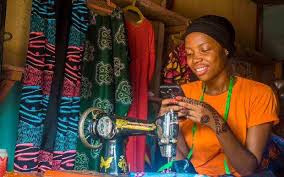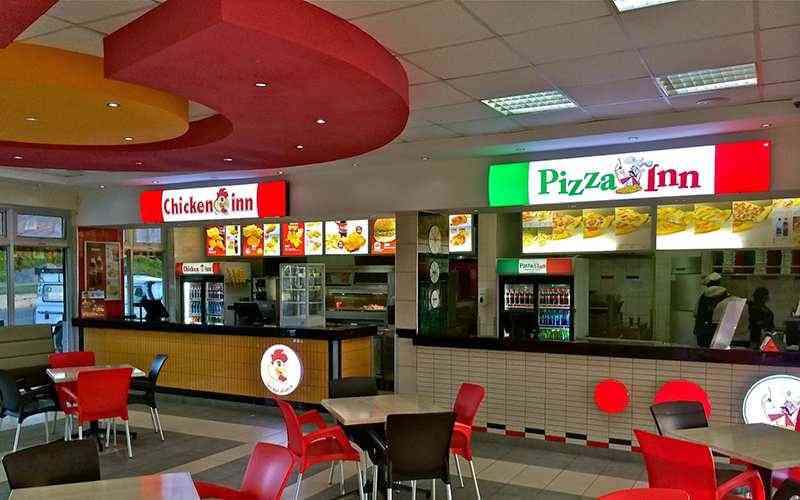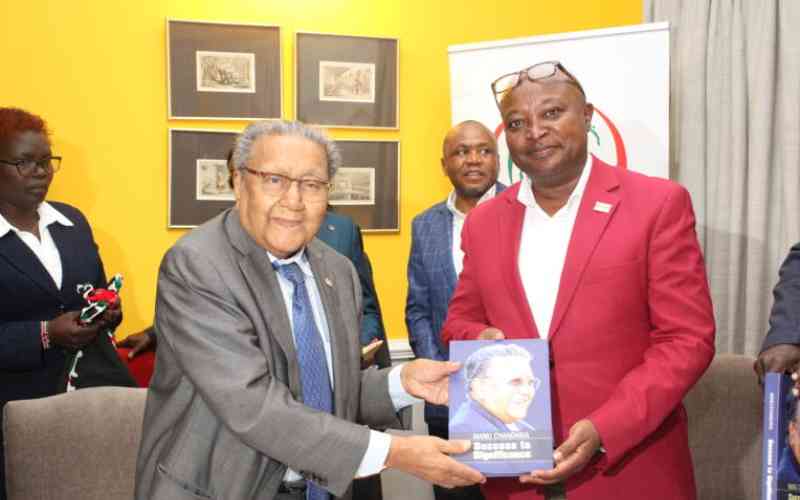
Africa stands at a pivotal moment in its journey to transform agri-food systems. With the Kampala CAADP Declaration (2026–2035) setting ambitious targets for resilience, sustainability, and inclusivity, the continent must confront a persistent challenge: the gap between policy formulation and implementation. The solution? Bold, visionary, and execution-driven leadership.
Despite progressive frameworks like the Malabo Declaration and now the Kampala CAADP Strategy, many African countries continue to face challenges with effective policy implementation, coordination across governance structures, and strengthening performance management systems, factors that have slowed delivery across priority value chains.
Parliamentarians sit at the center of this transformation. They bridge citizens and policy, turning continental commitments into national priorities that change lives. They carry the mandate to turn continental frameworks such as the Comprehensive Africa Agriculture Development Programme (CAADP) into national priorities that change lives. Beyond policy debate, their advocacy must secure the budgets and governance systems that drive delivery while ensuring inclusion of youth and women in shaping and owning solutions.
Encouragingly, several countries are demonstrating what delivery looks like. Uganda’s agro-industrialisation policy anchors its national development plan, creating value-added jobs for smallholders. Kenya’s devolution model has brought agriculture closer to communities through county-led agribusiness and extension programs. Zambia is opening regional trade corridors and attracting private investment into processing and logistics. These are deliberate choices that increase incomes, stabilize prices, and restore dignity in rural homes.
Ambition is also rising elsewhere. Tanzania’s Agriculture Master Plan has placed agriculture as a driving force for economic propensity and projected over $100 billion by 2050 from $18 billion in 2022, with commitments to triple rice exports, double sunflower revenues, and expand horticulture. Malawi’s Vision 2063 prioritizes commercialization, value addition, and export diversification in maize, soy, and groundnuts. These strategies go beyond GDP; they seek to transform livelihoods through productivity and inclusive growth.
Innovation is amplifying what strong leadership can achieve. The Africa Digital Crop Variety Catalogue, launched in July 2025 with support from AGRA, puts decades of crop data at the fingertips of breeders, farmers, and investors across seven countries. Scaled continentally, it could modernize seed systems and make climate-smart, high-yield, nutrient-dense varieties more accessible. Such data-driven governance, backed by parliamentary oversight, turns good ideas into measurable results.
However, the gap between international pledges and domestic resource allocation remains wide. Many commitments made on global stages rarely translate into national budgets or local action. African leaders must bring these commitments home, aligning them with local priorities and making food systems transformation central to national development.
The Kampala CAADP Declaration marks a shift from focusing on agriculture alone to building integrated food systems that link nutrition, health, climate, trade, and jobs. Parliamentarians can drive this shift by ensuring food systems are treated as cross-government priorities rather than confined to agriculture ministries.
Equally important is a change in mindset. Agriculture must be seen as enterprise and innovation, not subsistence. With over 600 million young Africans, the continent can turn agri-entrepreneurship, technology, and green solutions into engines of prosperity. Empowering youth and women through inclusive investment and policy frameworks will be essential to unlocking this potential.
Transformation also requires enabling infrastructure. Seeds and fertilizer alone cannot drive change without reliable energy, transport, irrigation, storage, and digital connectivity. Parliamentarians can champion integrated planning that aligns sectoral budgets, ensuring that roads, power, and broadband investments directly enhance productivity and market access.
At the regional level, trade integration remains a major opportunity. Bottlenecks at borders raise costs and shrink markets. Through the Pan-African Parliament and regional blocs, legislators can push for harmonized standards, lower transaction costs, and efficient logistics, turning the African Continental Free Trade Area (AfCFTA) into a living reality for food producers.
With debt pressures mounting, every dollar invested in agriculture must deliver measurable results. Parliamentarians have both the mandate and tools to enforce accountability under CAADP’s 10 percent public expenditure and 6 percent annual growth targets. Partnerships with think tanks, universities, and civil society can enhance evidence-based policymaking and ensure smarter, more transparent spending.
Effective communication is also vital. Food systems reform cannot remain an elite or technical conversation. Legislators can make progress tangible by showing how better policies lower food prices, improve family nutrition, create jobs, and strengthen economies. Partnerships with media, academia, and digital platforms can amplify impact and sustain citizen engagement.
Africa’s food systems transformation will not be built on new declarations but on the courage to deliver existing ones. The next decade, the Kampala Decade, must be defined by leaders who move from vision to action, from frameworks to fields, and from promises to progress. Africa does not lack ideas; it needs implementers who can turn policy into productivity and vision into victory.
Stay informed. Subscribe to our newsletter
Mr Keizire is the Director of Policy and State Capability at AGRA while Dr Siliya is a former Minister of Agriculture in Zambia and Communications Advisor to the African Food Systems Parliamentary Network.







